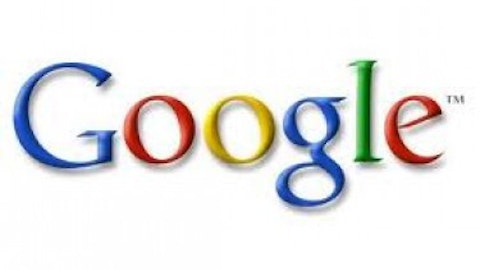However, Yahoo!’s partnership can only end if Microsoft sells or closes down Bing. That seems very unlikely, since Microsoft has big plans for Bing in Windows Phone 8, Xbox One and Apple Inc. (NASDAQ:AAPL)’s iOS devices. For now, Mayer will have to look for another way out or simply wait until 2019, when the deal expires.
An unlikely ally
Apple Inc. (NASDAQ:AAPL)’s WWDC announcement that it was making Bing the default search engine of iOS 7 shouldn’t come as much of a surprise to tech investors, considering the long-running rivalry between Apple and Google. Although Apple Inc. (NASDAQ:AAPL) has done admirably for a single hardware vendor running on a proprietary operating system, Google has managed to spread its operating system across the fragmented mobile hardware market, just as Microsoft did in the 1990s with the PC market. The heart of Google’s offensive is its ecosystem – mobile search, the Chrome web browser and Google Maps – which have all spread onto iOS devices.
This invasion has made Apple Inc. (NASDAQ:AAPL)’s own comparable software choices, such as Safari and Apple Maps, look inferior. When Google finally added the voice search capability to its Google Now app on iOS, it was clear that Apple needed to pull a counteroffensive against Google to keep it from marginalizing its trademark Siri voice assistant. When Apple initially launched Siri, it was hoping to circumvent Google’s search results by pulling data from other sources, including Yahoo!. Apple reasoned that eventually users would become so dependent on voice search that they would no longer rely on Google’s mobile search apps. Unfortunately, Siri never lived up to those high hopes.
Therefore, it makes sense for Apple to improve Siri by fully integrating all of Bing’s search features into its voice search engine, instead of relying on multiple sources of information. There are two notable changes as well. Apple users now have to explicitly ask “Search Google for” if they want to use Google, and Siri will no longer ask, “Would you like me to search the web?” for unclear questions. Instead, Siri will automatically use Bing to search the web for queries that cannot be directly answered.
Just like its deal with Yahoo!, Microsoft has a lot to gain and very little to lose from its partnership with Apple. I expect Bing to gain more mobile market share and ad revenue from this venture, but this time at Google’s expense, not Yahoo!’s.
The cloud-based conclusion
On top of all this, Microsoft has made it clear that it intends to control living rooms across the world with the Xbox One. All of those fancy voice and gesture activated features will be powered by Bing. In addition, Windows Phone 8 recently doubled its market share in the U.K. to 8%, and rose from 4.3% to 5.6% in the United States. Nokia Corporation (ADR) (NYSE:NOK)’s Lumia devices also advanced from 8th place to 5th place in the global smartphone market. This means that the market share of Windows Phones, which was last reported at 4%, could rise considerably by the end of the current quarter.





